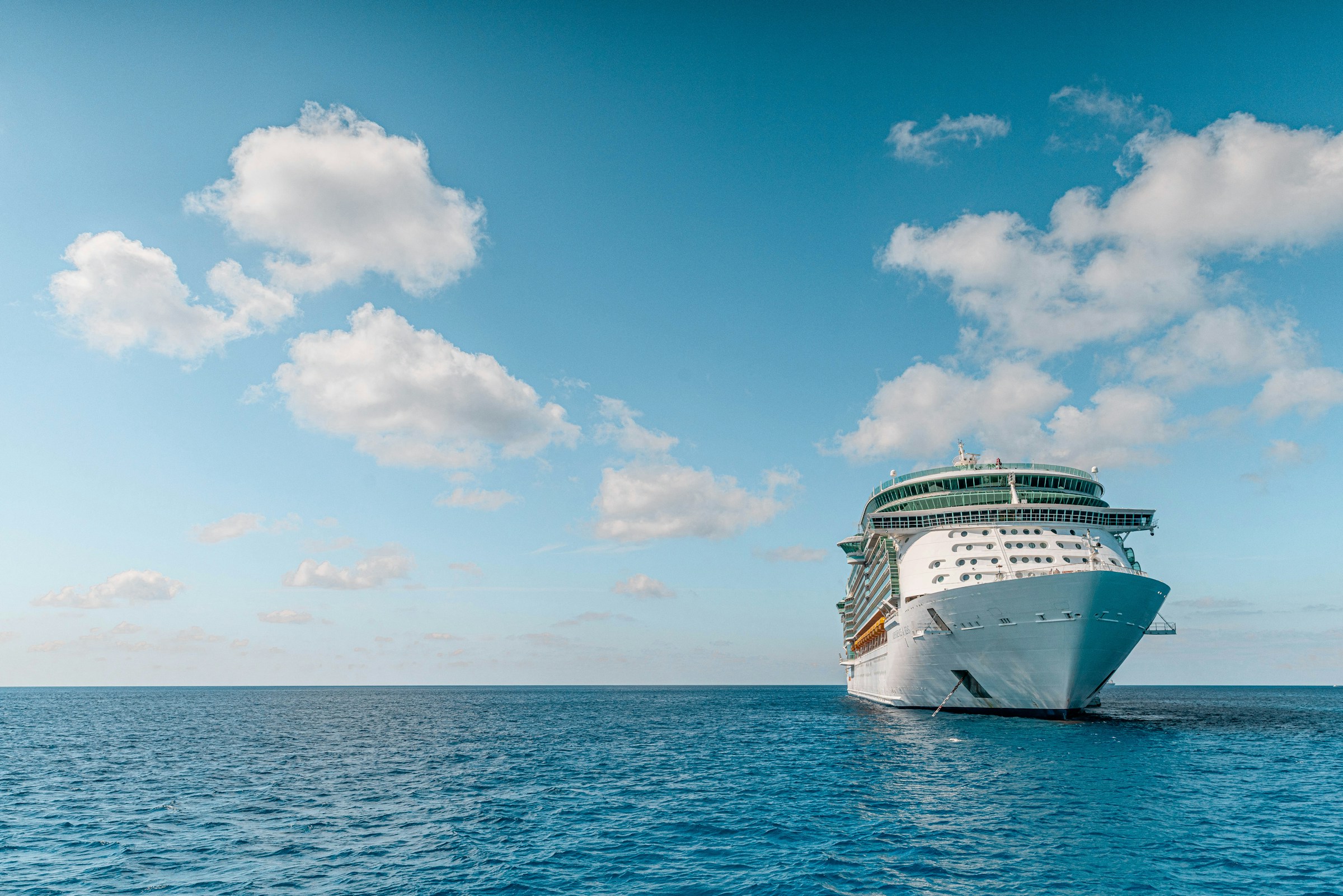The cruise industry is continually evolving, with ships getting bigger, destinations more diverse, and onboard experiences more immersive than ever. But one aspect that has truly revolutionized the cruise industry is the rise of technology. From choosing your ideal itinerary online, to using a cruise line’s app to book onboard experiences, technology has made it easier than ever to personalize your cruise experience.
Technology on the High Seas
When you think of a holiday at sea, the first images that come to mind are probably of lounging by the pool, indulging in gourmet dining, and exploring exotic locales. But what you may not realize is how much technology is instrumental in making these experiences possible.
En parallèle : What are the best cruises for exploring Shakespearean history in Stratford-upon-Avon?
Cruise lines such as Royal Caribbean, MSC Cruises, and others have embraced technology to enhance the passenger experience. Gone are the days of static daily schedules and one-size-fits-all entertainment. With advancements in technology, cruises have become dynamic, customizable vacation experiences.
For instance, on Royal Caribbean’s ships, passengers can use the Royal IQ app to plan their day, making restaurant reservations, booking shore excursions, and even checking the daily weather. MSC Cruises has introduced MSC for Me, an interactive wristband that lets passengers navigate the ship, make payments, and even keep track of their children.
A voir aussi : Which cruises offer the best views of the white cliffs of Dover?
Technology and Your Cruise Booking Experience
The use of technology in enhancing your cruise experience starts long before you step foot on the ship. From the moment you start considering a cruise, technology plays a crucial role in your journey.
Many cruise lines offer comprehensive websites where you can explore different itineraries, learn about the ships and their amenities, and even take virtual tours of cabins and public areas. Royal Caribbean, for instance, provides virtual reality experiences of their ships, giving you a 360-degree view of what your cruise could look like.
Booking your cruise online also allows you to compare prices, read reviews from other passengers, and customize your package with add-ons like drink packages, shore excursions, or specialty dining. Plus, many cruise lines now offer mobile apps where you can manage your booking, check in for your cruise, and start planning your onboard activities.
Onboard Technology Enhancements
Once you’re onboard, technology continues to enhance your cruise experience. Many cruise ships now offer high-speed Wi-Fi, allowing you to stay connected even in the middle of the ocean. This means you can share your travel experiences with friends and family back home, or even catch up on your favorite shows on streaming platforms.
In terms of entertainment, technology has transformed the kind of shows and activities available on cruise ships. Royal Caribbean is known for its technologically advanced shows, featuring drones, virtual reality, and even robots. On MSC Cruises’ ships, you can experience Cirque du Soleil shows with stunning visual effects, made possible by advanced lighting and sound technology.
Tech-savvy passengers will also appreciate the increasing use of apps and interactive screens on cruise ships. These tools allow you to make reservations, find your way around the ship, and even learn about the port you’re visiting next.
Technology and the Environment
The cruise industry has often faced criticism for its environmental impact. However, many cruise lines are harnessing technology to become more sustainable and minimize their footprint.
For instance, in August 2022, MSC Cruises took a major step forward by launching the first cruise ship powered by liquefied natural gas, the most environmentally friendly fossil fuel. Other cruise lines, including Royal Caribbean, have implemented advanced wastewater treatment systems and energy-efficient lighting on their ships.
In addition, technology is being used to enhance recycling efforts on cruise ships. For example, some Royal Caribbean ships use a Bio-digester system to convert food waste into water, reducing the volume of waste that needs to be disposed of.
The Future of Cruise Technology
Looking forward, technology will continue to play a major role in the evolution of the cruise industry. From virtual reality cruise planning to AI-powered personal assistants in every cabin, the possibilities are virtually endless.
Cruise lines are also exploring the potential of wearable technology, following the success of MSC’s for Me wristbands and Royal Caribbean’s WOWbands. In the future, these devices could be used for everything from ordering drinks to unlocking your cabin door or even playing interactive games.
In October 2023, Royal Caribbean announced its intention to create a fully digital cruise experience. This plan includes a new class of highly connected ships, where every bed, window, and piece of furniture will be “smart” and interactive. Although still in the concept phase, this vision reveals the extraordinary potential of technology in shaping the future of cruising.
So, as you plan your next cruise, remember that technology can greatly enhance your experience. From booking your cruise to exploring onboard activities, staying connected, and even contributing to environmental sustainability, technology has transformed the way we cruise. Whether you’re a tech enthusiast or not, these advancements are sure to make your journey more convenient, enjoyable, and personalized.
Technology for Personalized Experiences
In today’s high-tech world, personalization has become a key trend in many industries, and the cruise industry is no exception. With technology, cruise lines are able to offer more personalized experiences to their passengers, making each cruise unique and unforgettable.
Cruise ships are becoming smarter, with Royal Caribbean leading the way. The cruise line is known for its innovative use of technology to enhance the passenger experience. For instance, it provides personalized digital signage, which changes based on who’s walking by, offering personalized recommendations for activities, dining and shopping.
Similarly, MSC Cruises offers tailored experiences for its passengers through the MSC for Me app. The app learns from passengers’ preferences and behaviors to suggest personalized activities, dining options, and shore excursions.
Furthermore, cruise lines are beginning to use artificial intelligence and machine learning to further personalize the cruise experience. For example, Mundy Cruising, a leading UK cruise agency, is exploring the use of AI to provide personalized recommendations to its clients, based on their past bookings and preferences.
Conclusion: Embracing Technology for Enhanced Cruising
In conclusion, the use of technology has indisputably transformed the cruise industry, offering passengers more convenience, personalization, and entertainment than ever before. Whether it’s through the use of apps for pre-booking and onboard activities, high-speed Wi-Fi for connectivity, advanced entertainment systems, or initiatives towards environmental sustainability, technology has taken the cruise experience to a new level.
The future of cruising is undoubtedly digital. As we move from April to May and onwards, we can expect more cruise lines to follow in the footsteps of pioneers like Royal Caribbean and MSC Cruises, harnessing the power of technology to create unforgettable cruise experiences.
So, when planning your next cruise, remember the role technology can play in enhancing your journey. From the moment you start exploring itineraries to when you’re onboard, technology can make your cruise experience more streamlined, personalized, and enjoyable. Embrace the digital revolution and make the most of your cruise. The high-tech seas await you!











